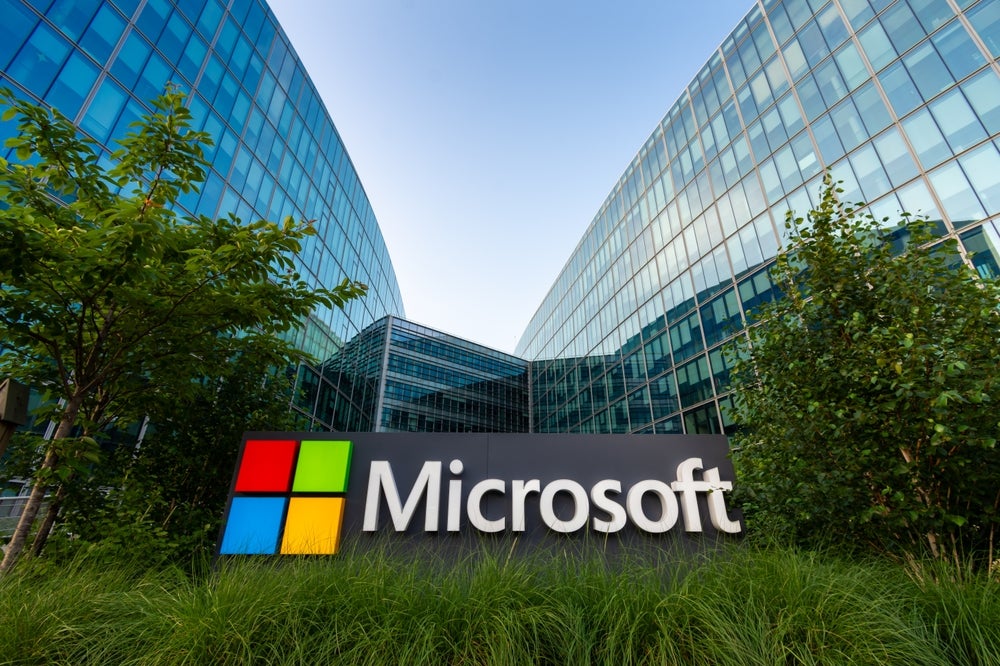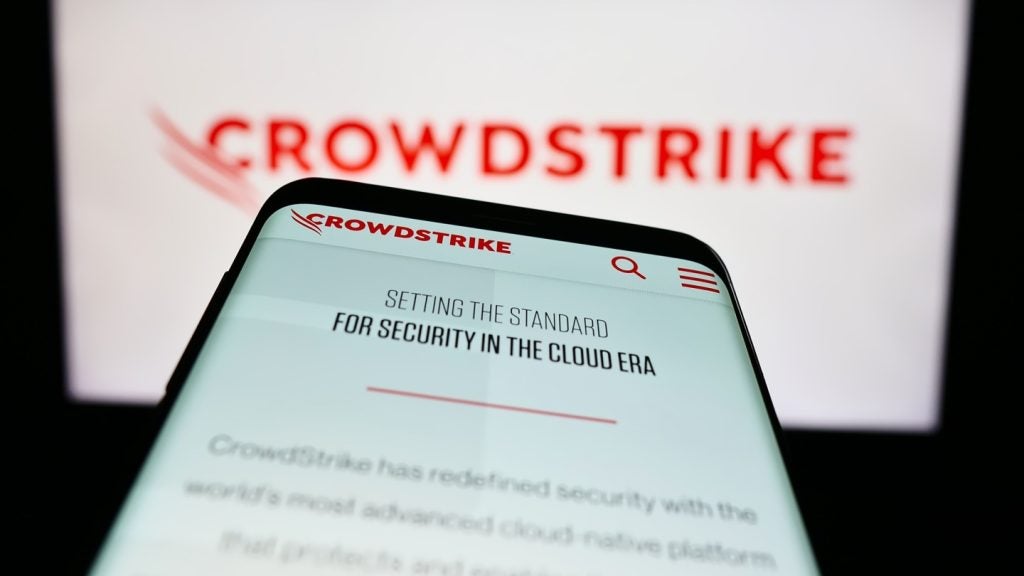The announcement, during the Ignite developer event, that Microsoft is coming to market with its own proprietary microprocessor technology is a big deal for the industry.
The company is the last of the big three US hyperscalers to launch bespoke AI chips.
Google was the pioneer with its TPU architecture, in 2016. In 2018, Amazon followed with a slew of CPU chips, the Inferentia and Trainium architectures. The company also has the ARM-based Graviton series for AI workloads. Google, which released the fifth generation of its TPU chips during Google Next 2023, is also rumoured to be working on the development of ARM-based processors. Google already supports virtual machines powered by ARM-based Altra chips, but doesn’t have its own proprietary technology like Amazon’s in-house ARM-based CPUs.
The move was largely anticipated by the industry
The move was a long time coming. After ChatGPT went viral in early 2023, and with the explosion in GenAI, demand for high-performance infrastructure has led to growing success for companies such as NVIDIA.
As a result, both Amazon and Google have cranked up their in-house silicon production, and Microsoft was under tremendous pressure to follow suit. Despite much effort by Intel and AMD to compete with Nvidia, the GPU maker continues to reign supreme in the global AI stakes as more and more companies rely on it for computing power.
Demand for Nvidia’s A100, H100 and forthcoming H200 chips is higher than ever, pushing up prices and constraining supply, and Microsoft is trying to stop or at least limit its dependence on the chipmaker. Nvidia recently released the GH200, which has the same GPU as the H100/H200, but pairs it with 141 gigabytes of memory, as well as a 72-core ARM central processor.
How well do you really know your competitors?
Access the most comprehensive Company Profiles on the market, powered by GlobalData. Save hours of research. Gain competitive edge.

Thank you!
Your download email will arrive shortly
Not ready to buy yet? Download a free sample
We are confident about the unique quality of our Company Profiles. However, we want you to make the most beneficial decision for your business, so we offer a free sample that you can download by submitting the below form
By GlobalDataMicrosoft is highly invested in the new wave of GenAI technologies, having made Copilot a cornerstone of its strategy, and the chatbot has been infused in every one of the company’s main applications. Microsoft’s two new processors, the Cobalt 100 ARM server CPU for general purpose tasks, and the Maia 100 AI accelerator will be deployed in Azure data centers next year, supporting services including OpenAI and Copilot. After news that development of GPT-5 is already under way, Microsoft being able to deploy its own chips seems strategic.
Microsoft will leverage Cobalt and Maia processors for AI and cloud computing
The company says that it has focused on efficiency, investing in making its data centers as efficient as possible to maximize turnover per rack. This is good news for the company and also the environment.
Cloud computing providers have seen their profit margins narrow as a result of the inflationary spiral affecting the price of electrical power globally. In addition, despite their tremendous popularity, the fact is that GPU chips were not created with AI workload processing in mind but for graphic processing of videogames, and the alternative technologies brought to market by cloud providers worldwide, while still not as powerful, are increasingly sophisticated.
This has to be good news for the industry (perhaps not so much for Nvidia). The forthcoming AMD “Antares” Instinct MI300X and MI300A GPU accelerators are expected to add further pressure to the competitive landscape.









Related Company Profiles
Amazon.com Inc
Google LLC
Microsoft Corp
Intel Corp
NVIDIA Corp